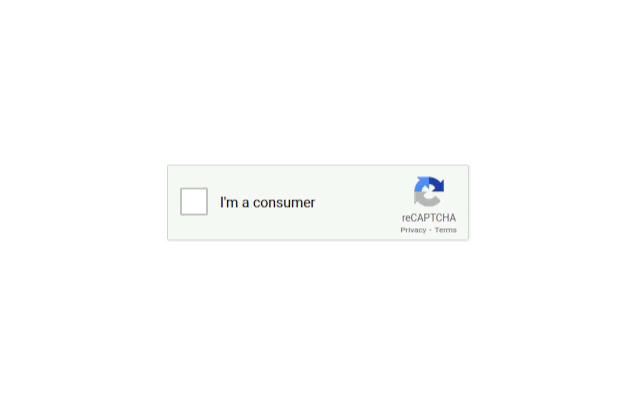Or automate it with ytdl-sub, see my comment here.
- 2 Posts
- 8 Comments
And there is htmlq too, if you ever need to scrape some stuff from a website :)
Sorry, I missed that this thread started on the topic of ebooks. To be honest, I don’t fully understand the connection you are making to the tragedy of the commons when it comes to DRM. I think I understand what you mean, if you are arguing on top of DRM, but DRM is itself already a tool of enclosure. So the problem is not really consumer choice, but rather that DRM is allowed in its current form. But I admit that this is a different discussion, I guess in the end we are talking about the same and I agree with you. I think the self organizing part here would be for authors to publish independently, and for people to support independent publishing. But as you implied, that market is already captured to a point where people don’t even know about independent publishers/markets. I wouldn’t look at that as a tragedy of the commons, where people “selfishly” choose DRM and degrade the underlying resource, rather they are simply consumers of an almost fully enclosed resource.
Glad you find it interesting enough to start reading. The book doesn’t necessarily “propose self organizing”, although that may be a conclusion one can draw. Rather it showcases different case studies where common pool resources have degraded, and others where they have flourished, and tries to compare the different situations through a few parameters. What I took from it is, that it is pretty safe to say that neither privatization, nor central planning are good “solutions” when it comes to common pool resources, also that it seems important to have some form of rule monitoring and enforcement where actors directly affected by rule-breaking are part of the monitoring. But I should probably read through my highlights again some time, to freshen up my memory :)
Really appreciated your insight.
I saw your comment 3 months late 😄 In the blog post I actually mention the tragedy of the commons. The problem with the theory is that it is only applicable in fixed empirical settings. For this reason, I think it is quite dangerous to apply this theory generally. It is actually a key ingredient in neoliberal economics, where it is argued that privatization of commons is necessary, because they are tragic. I had to unlearn this notion myself. I recommend the book ‘Governing the Commons’ by Elinor Ostrom on the topic, it’s a collection of case studies which shows that commons are only tragic under certain preconditions.

 4·5 months ago
4·5 months agoHere’s a good post, that argues the dunning-kruger effect is not real. I guess I am one of those annoying “well actually, …” types now.
https://economicsfromthetopdown.com/2022/04/08/the-dunning-kruger-effect-is-autocorrelation/
This reminds of a stupid filesystem pet idea I had a while ago. Running as a daemon, it walks through your filesystem and sometimes leaves traces (as files), maybe you’ll find it sleeping in your downloads folder every now and then. I thought it was a cute idea, but didnt actually think about implementing it, for obvious reasons, it could go so horribly wrong 😂
The caption is a reference to “The myth of sisyphus” by Albert Camus. “One must imagine Sisyphus happy”. Good book.




There are some QoL perks when you watch downloaded youtube videos through a selfhosted media server (e.g. jellyfin). Video watch progress is saved, and you can watch on all your devices (desktop, mobile, tv).
Sometimes I’ll watch something on my mobile while preparing food, and then I’ll switch to the TV when I’m done cooking, mid-video. This works seamless with that set up.